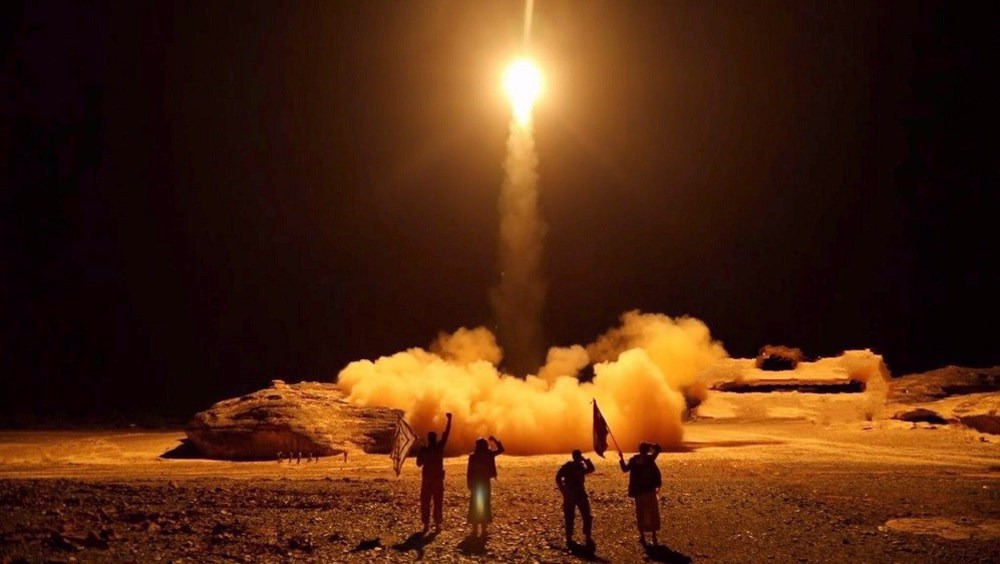On November 9 evening, the Houthis (Ansar Allah) announced that they had launched a “batch of ballistic missiles” from Yemen against “various sensitive targets” in southern Israel, including the city of Eilat.
In a statement, Houthi spokesman Brigade General Yahya Sari claimed that the missiles hit their targets “despite the enemy’s secrecy about this.”
The Houthis will keep carrying out military actions to support the “oppressed Palestinian people” until the “Israeli aggression” in the Gaza Strip stops, the spokesman stressed.
In the afternoon, the Israeli Defense Forces (IDF) said that it used its state-of-the-art Arrow 3 system to intercept a ballistic missile that was heading towards Eilat. The missile was successfully intercepted over the Red Sea away from Israel, according to the IDF.
The incident marked the first time an Arrow 3 missile has been launched in an operational incident, and the first-ever interception.
Around the same time, the IDF announced that it had intercepted a “suspicious target” in the Arava region in southern Israel, to the north of Eilat. The target, which did not enter Israeli airspace, was knocked out of the sky by a Patriot air defense system, the IDF said.
This was the Houthis’ sixth attack against Israel since the war broke out in Gaza. The group announced an attack with missiles and drones on October 31 and claimed responsibility for two previous attacks which took place on October 19 and 27. Later on November 1 and 6, the group launched its fourth and fifth attacks in support of Gaza.
In addition, the group shot down on November 8 a United States combat drone that was operating off the coast of Yemen in support of Israel.
Israel is yet to retaliate to the recent attacks from Yemen. Any military action against the country could result in more escalation by the Iran-allied Houthis, who maintain a large arsenal of long-range missiles and drones.






